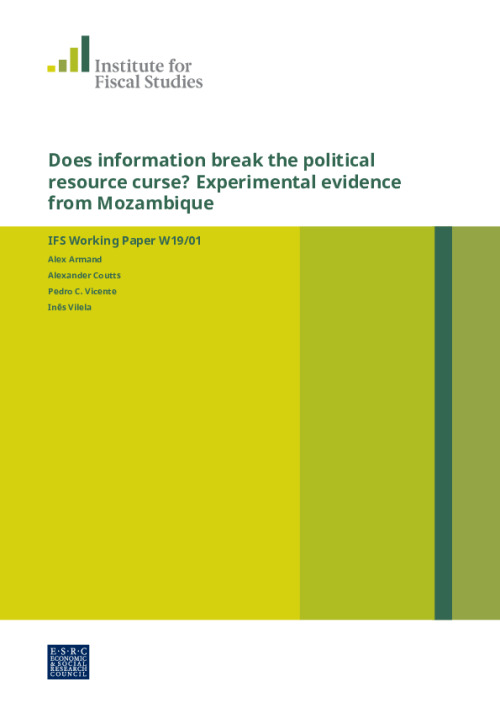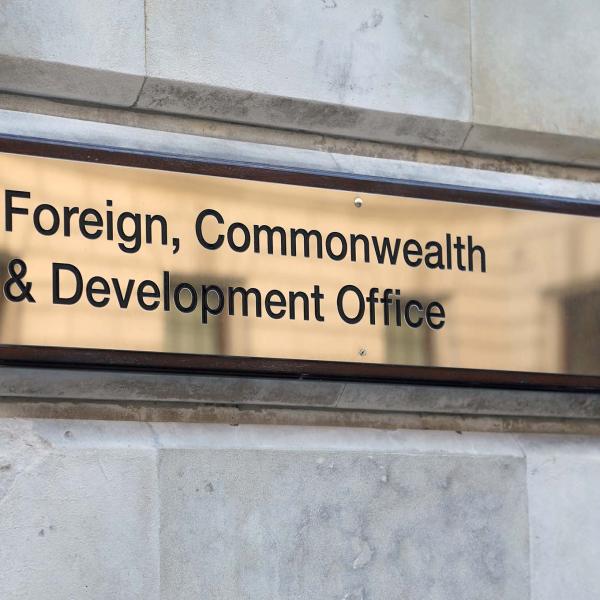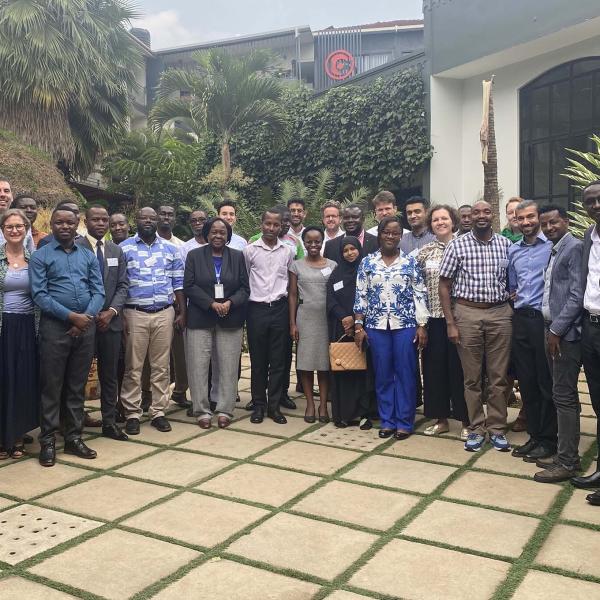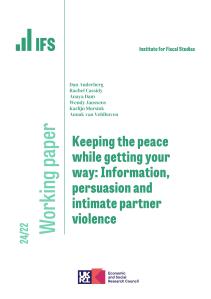The political resource curse is the idea that natural resources can lead to the deterioration of public policies through corruption and rent-seeking by those closest to political power. One prominent consequence is the emergence of conflict. This paper takes this theory to the data for the case of Mozambique, where a substantial discovery of natural gas recently took place. Focusing on the anticipation of a resource boom and the behavior of local political structures and communities, a large-scale field experiment was designed and implemented to follow the dissemination of information about the newly-discovered resources. Two types of treatments provided variation in the degree of dissemination: one with information targeting only local political leaders, the other with information and deliberation activities targeting communities at large. A wide variety of theory-driven outcomes is measured through surveys, behavioral activities, lab-in-the-field experiments, and georeferenced administrative data about local conflict. Information given only to leaders increases elite capture and rent-seeking, while information and deliberation targeted at citizens increases mobilization and accountability-related outcomes, and decreases violence. While the political resource curse is likely to be in play, the dissemination of information to communities at large has a countervailing effect.











